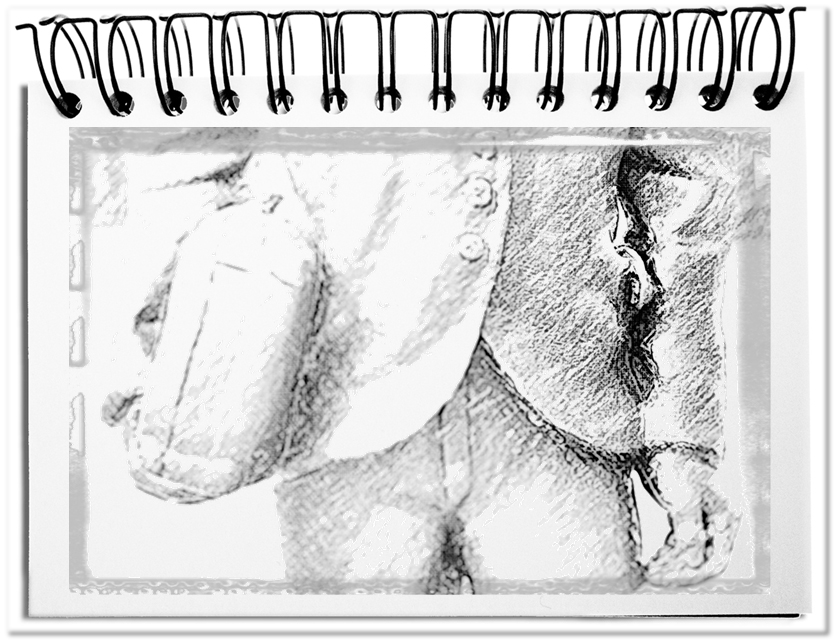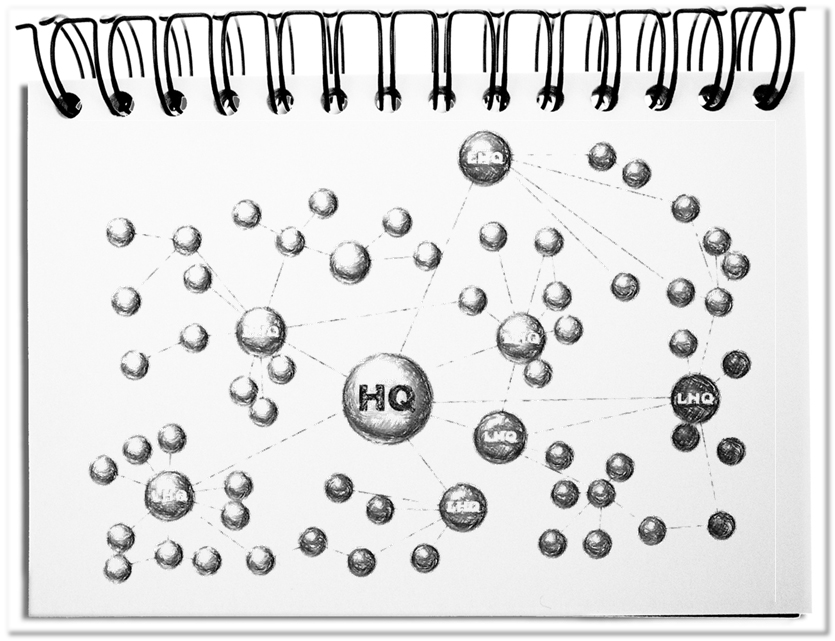After the ghost of planned economy collapsed, large-scale enterprises evolve to huge centralistic administrative bodies. After years of lean management, culture, hierarchies rigidify, which undermine their intended claim for a flat structure with the subordination of equal levels. The return to functional organizations covers the inability to base the organization on processes. The cross charging of deliverables create an internal market in which specific amounts are negotiated and paid with the transfer of budgets – wooden nickels from the left to the right pocket. The degree of bureaucratization can be seen via the necessary reports and guidelines. More and more employees serve an overhead of project, planning and budget reports. At the same time, the guidelines evolve to one entanglement of regulations that cannot be conveyed or obeyed anymore. The crucial error is however the new approach to realize savings, namely to decide right at the top any outward cash flow. Yet it is forgotten that leaders are worth nothing without financial means.
What do doers need in order to fulfill their tasks?
- Apart from the personal characteristics that constitute leaders, like integrity, decisiveness and customer focus, the following tasks should be fulfilled: Self-management, conception, coordination, communication and cooperation.
- The tasks, authority and responsibility specify the scope of action. The tasks describe the activities that are to be mastered. The authority determines the decision, directive and action powers. The responsibility obligates the superior on the decided approach and the goals. On this basis the personal evaluation and remuneration are done.
- The allocation of a cost center and the equipment with sufficient budget is an important part of the authority. Like the fuel tank of a car, the available funds limit the scope that a decision maker can cover. Penniless leaders have actually no chance to contribute value-adding results.
- Bosses as entrepreneurs in the enterprise need a comprehensible business model. Within the business idea, the target audiences, the deliverable portfolio and the clearly outlined scopes are specified.
- An important function of the executive is the indication towards a positive future and the measures for reaching it. The strategy should provide the employees a seizable framework for the realization.
As soon as these components are missing, the leaders are worth nothing and it remains noting else than eliminating these positions.
Bottom line: The leadership tasks require a large spectrum of abilities, in order to be able to perform a task meaningfully. However, as soon as the leader is guided on a short leash, without budget, even the best characteristics go pop, because penniless managers are worth anything.


